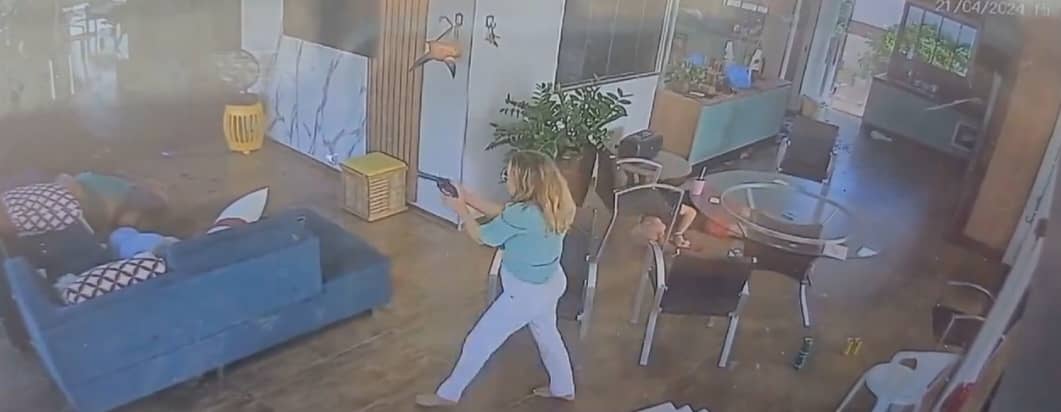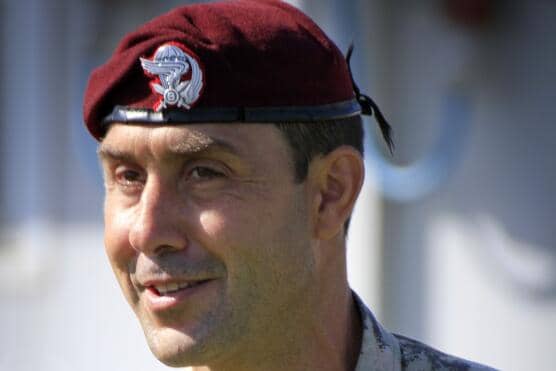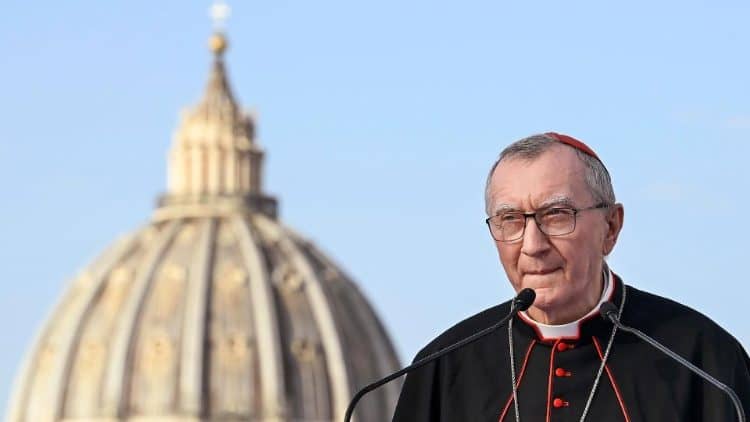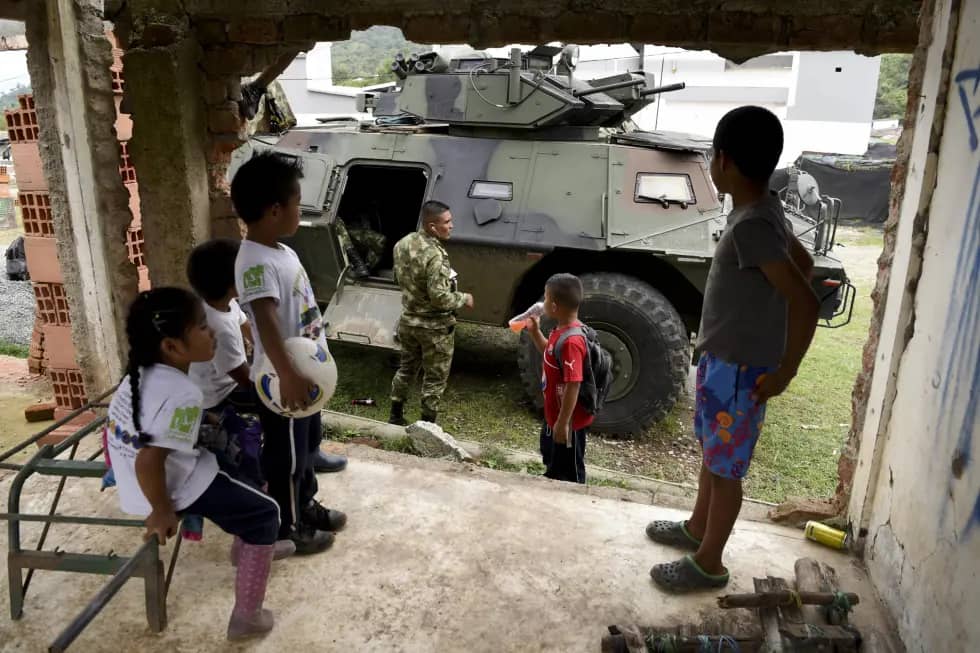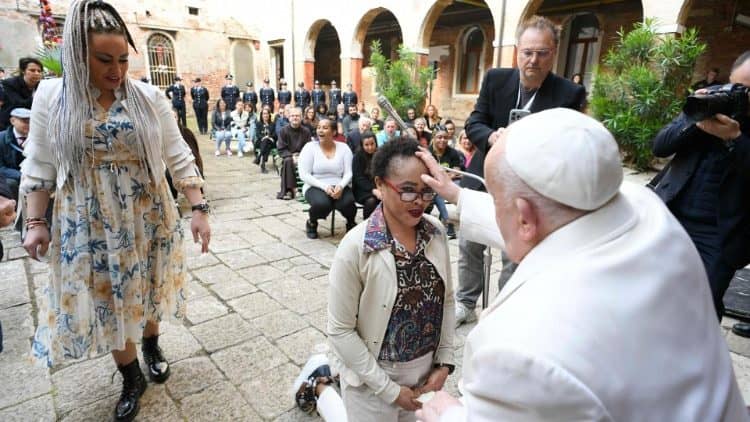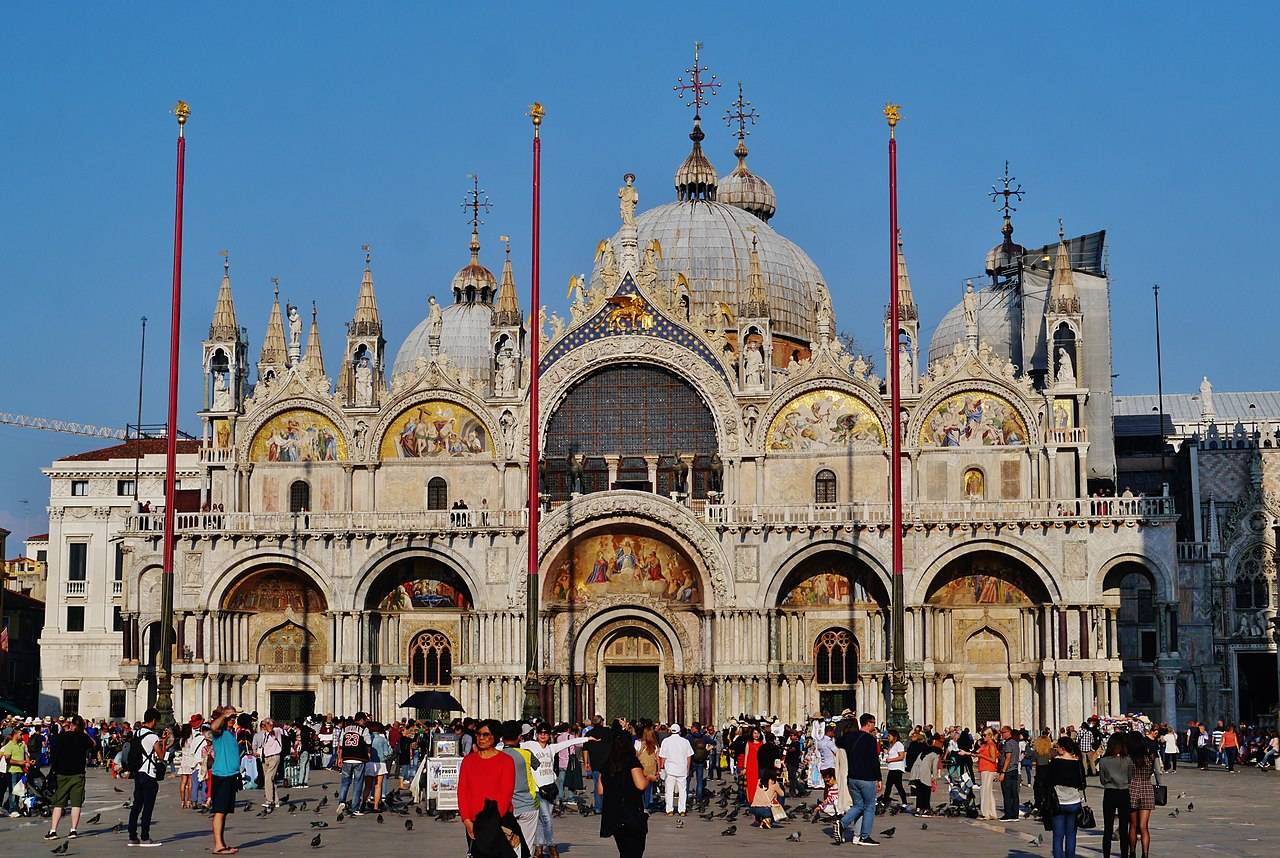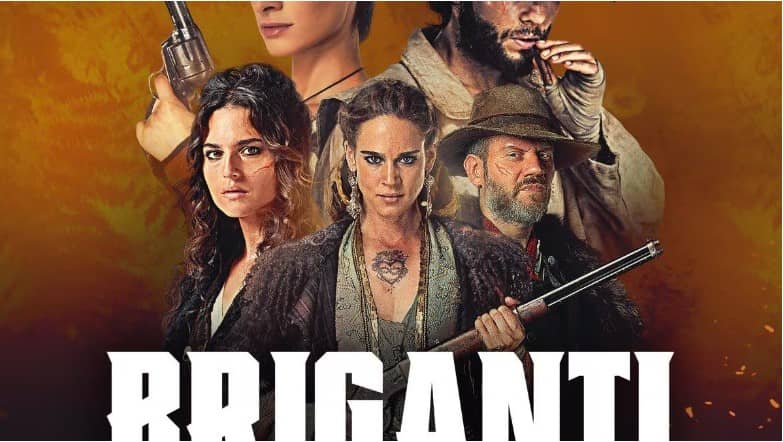A leading Catholic international aid organization is calling for the winner of El Salvador’s presidential election to begin “a fair and transparent” judicial process for the thousands being held without trial.
Current President Nayib Burkele is expected to be reelected for a second term on Sunday.
The charismatic leader was first elected in 2019, in 2022 he declared a state of emergency because of the counties rampant criminal gangs leading to 76,000 people being imprisoned and Amnesty international calling it the worst human rights crisis the country had seen since their 1979-1992 civil war.
To many, El Salvador’s president is a national hero who took on the country’s violent gangs with an unrelenting hand. To others, the populist is a 21st century autocrat who has committed mass human rights abuses and has altered the rules of the game to concentrate power in his own hands.
After sidestepping El Salvador’s constitution prohibiting reelection in six different places, Bukele – the self-described “world’s coolest dictator” – has the support of from seven to nine of every 10 voters, according to recent polling.
“There is no denying President Bukele’s popularity, but the international community should not overlook the impact of his party’s policies on human rights over the last five years, and in particular since the State of Exception was introduced in March 2022,” said a spokesperson from CAFOD.
CAFOD is the official aid agency of the Catholic Church in England and Wales, and part of Caritas International and working with communities across Africa, Asia, the Middle East and Latin America.
“Not a single person has been brought to justice since the civil war ended in 1992. Commitments made to past and current victims cannot be upheld with an ongoing State of Exception,” the official continued.
“Around 75,000 people have been arrested over the last 2 years alone. An enormous number given the country has a population of just over 6 million,” the representative said.
In an interview with The Associated Press on Tuesday, Bukele’s vice presidential running mate, Félix Ulloa, acknowledged the government “made mistakes” in detaining thousands of people who had committed no crimes. He also conceded officials may have set arrest quotas.
But he denied the government has suspended the rights of “honorable” Salvadorans. He justified the crackdown as being for the greater good of the country and widely popular.
“This is not a police state, it’s a state that provides security,” Ulloa said.
El Salvador’s homicide rate has shriveled to among the lowest in the Americas, when just a few years ago the country was deemed one of the most dangerous places in the world.
The CAFOD official said commitments made to past and current victims of the civil war cannot be kept under the ongoing state of emergency.
“El Salvador’s first Saint, Oscar Romero, was a partner of CAFOD, and his bravery to speak out against injustice in the country continues to inspire us today. Alongside our local partners, we will continue to echo concerns about the dismantling of human rights institutions, curbs to free speech, and lack of justice,” the official said.
One of those local partners is the Salvadoran legal organization Tutela Legal María Julia Hernández. Alejandro Diaz, a representative, said people in the country are living in an indefinite state of emergency, with human rights being “massively and systematically” violated every day.
“This is being presented to the public as something totally normal and publicized as a model for national security to be exported across Latin America. Today innocent people are arrested, tortured and killed. There is no fair trial and no impartial judges,” he said.
“An important part of our heritage is our historical memory. Yet the government want to deny history by saying ‘El Salvador is a new country, there is a re-birth of El Salvador.’ They are also trying to legitimize the human rights violations and the rupture of the balance of powers in the country. These elections don’t respect the constitution and the international community must start speaking out about this and take more prominence,” he added.
“At stake is not just the elections, but also historic memory, democracy and the legacy and the blood of many people and figures like our Saint Oscar Romero, who stood alongside his people as they struggled against injustice,” Diaz said.
This article incorporates material from the Associated Press.








